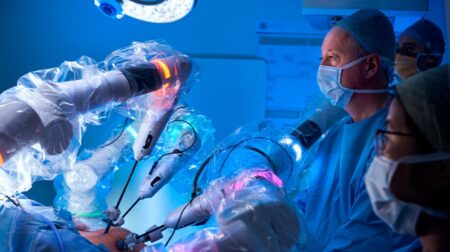Researchers at University of California, San Diego, School of Medicine have developed a new approach that uses machine learning to hunt for disease targets and predicts whether a drug is likely to receive FDA approval.
According to the team, its study findings could measurably change how researchers sift through big data to find meaningful information with significant benefit to patients, the pharmaceutical industry and the health care systems.
“Academic labs and pharmaceutical and biotech companies have access to unlimited amounts of ‘big data’ and better tools than ever to analyse such data. However, despite these incredible advances in technology, the success rates in drug discovery are lower today than in the 1970s,” said Pradipta Ghosh, senior author of the study.
“This is mostly because drugs that work perfectly in preclinical inbred models, such as laboratory mice, that are genetically or otherwise identical to each other, don’t translate to patients in the clinic, where each individual and their disease is unique. It is this variability in the clinic that is believed to be the Achilles heel for any drug discovery program.”
The researchers replaced the first and last steps in preclinical drug discovery with two novel approaches developed within the UC San Diego Institute for Network Medicine (iNetMed).
The first step, called target identification, used an AI methodology developed by the computational arm of iNetMed. The AI approach helps model a disease using a map of successive changes in gene expression at the onset and during the progression of the disease.
What sets this mapping apart from other existing models is the use of mathematical precision to recognise and extract all possible fundamental rules of gene expression patterns, many of which are overlooked by current methodologies.
The underlying algorithms ensure that the identified gene expression patterns are ‘invariant’ regardless of different disease cohorts.
The last step, called target validation in preclinical models, was conducted in a first-of-its-kind Phase ‘0’ clinical trial using a living biobank of organoids. The Phase ‘0’ approach involves testing the efficacy of the drugs identified using the AI model on human disease organoid models – cultured human cells in a 3D environment that mimic diseases outside of the body.
Researchers found the computational approach had a surprisingly high level of accuracy across diverse cohorts of patients, and together with the Phase ‘0’ approach, they developed a first-in-class therapy.
“Our study shows how the likelihood of success in phase III clinical trials, for any target, can be determined with mathematical precision,” said Debashis Sahoo, PhD, co-senior author of the study.
The work has been published in online issue of Nature Communications.








